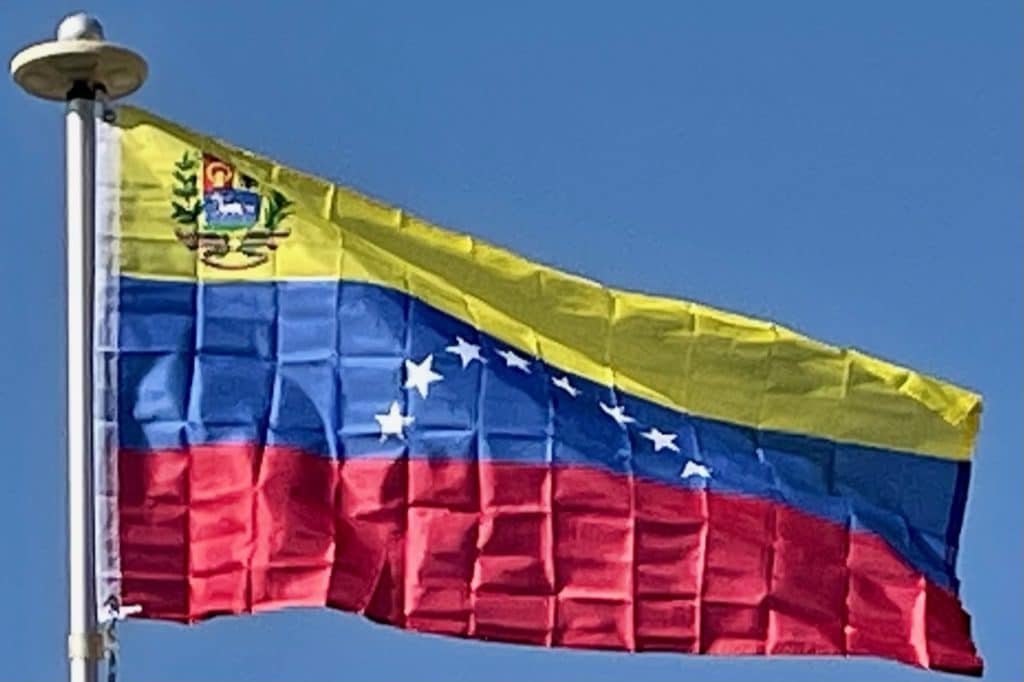

Venezuela
A collapse in confidence in the existing parties led to Chávez being elected president in 1998 and the subsequent launch of a “Bolivarian Revolution”, beginning with a 1999 Constituent Assembly to write a new Constitution of Venezuela. Chávez also initiated Bolivarian missions, programs aimed at helping the poor.
In April 2002, Chávez was briefly ousted from power in the 2002 Venezuelan coup d’état attempt following popular demonstrations by his opponents, but he returned to power after two days as a result of demonstrations by poor Chávez supporters in Caracas and actions by the military.
Chávez also remained in power after an all-out national strike that lasted from December 2002 to February 2003, including a strike/lockout in the state oil company PDVSA. The strike produced severe economic dislocation, with the country’s GDP falling 27% during the first four months of 2003, and costing the oil industry $13.3 billion. Capital flight before and during the strike led to the re-imposition of currency controls (which had been abolished in 1989), managed by the CADIVI agency. In the subsequent decade, the government was forced into several currency devaluations. These devaluations have done little to improve the situation of the Venezuelan people who rely on imported products or locally produced products that depend on imported inputs while dollar-denominated oil sales account for the vast majority of Venezuela’s exports.
Chávez survived several further political tests, including an August 2004 recall referendum. He was elected for another term in December 2006 and re-elected for a third term in October 2012. However, he was never sworn in for his third period, due to medical complications. Chávez died on 5 March 2013 after a nearly two-year fight with cancer. The presidential election that took place on Sunday, 14 April 2013, was the first since Chávez took office in 1999 in which his name did not appear on the ballot.
Nicolás Maduro: 2013–present:

Nicolás Maduro has been the president of Venezuela since 14 April 2013, when he won the second presidential election after Chávez’s death, with 50.61% of the votes against the opposition’s candidate Henrique Capriles Radonski, who had 49.12% of the votes. The Democratic Unity Roundtable contested his election as fraud and as a violation of the constitution. An audit of 56% of the vote showed no discrepancies, and the Supreme Court of Venezuela ruled that under Venezuela’s Constitution, Nicolás Maduro was the legitimate president and was invested as such by the Venezuelan National Assembly (Asamblea Nacional). Opposition leaders and some international media consider the government of Maduro to be a dictatorship. Since February 2014, hundreds of thousands of Venezuelans have protested over high levels of criminal violence, corruption, hyperinflation, and chronic scarcity of basic goods due to policies of the federal government. Demonstrations and riots have resulted in over 40 fatalities in the unrest between Chavistas and opposition protesters and opposition leaders, including Leopoldo López and Antonio Ledezma were arrested. Human rights groups condemned the arrest of Leopoldo López. In the 2015 Venezuelan parliamentary election, the opposition gained a majority.